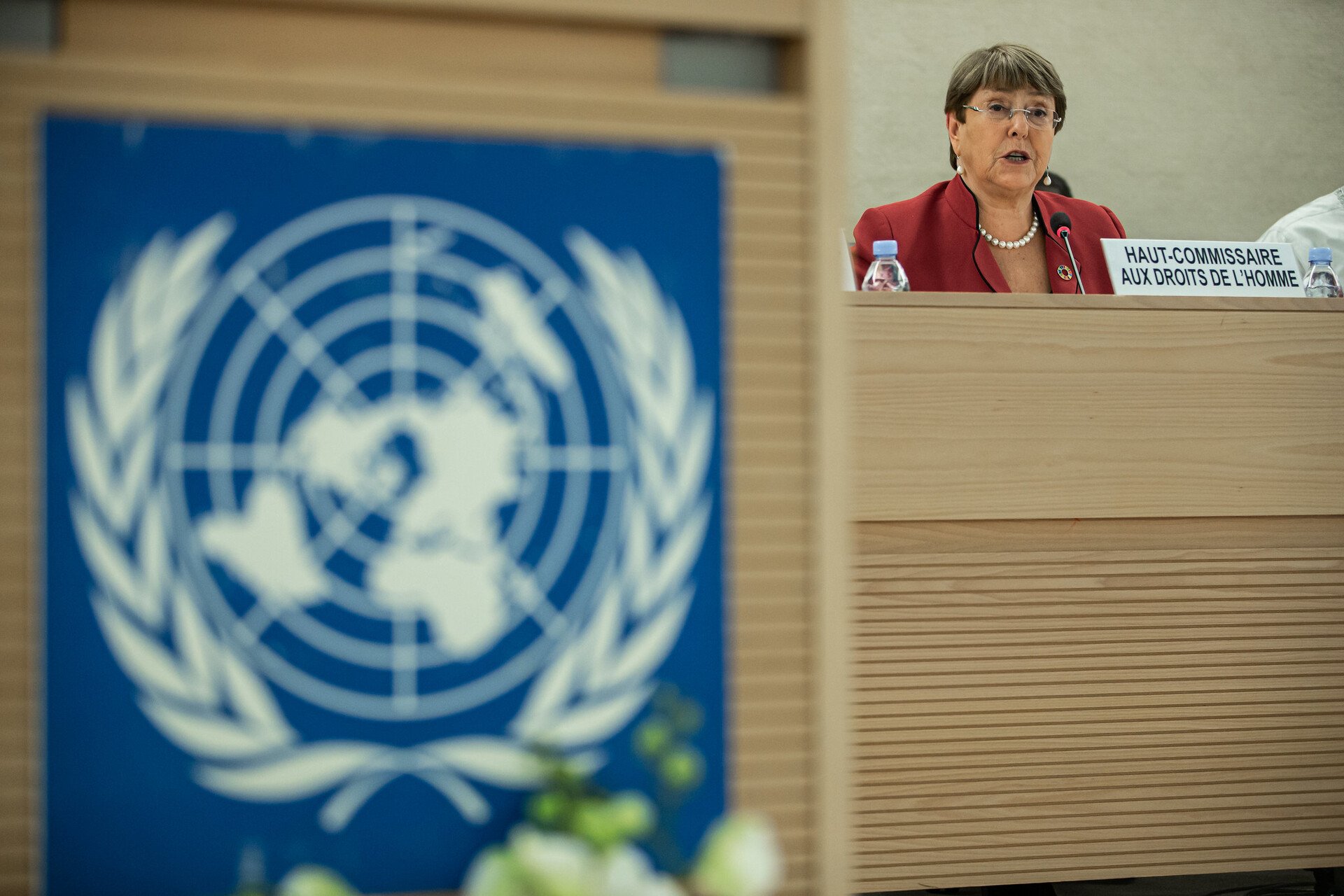IN THIS ISSUE
The world’s biggest Catholic country watches the conclave from the sidelines

Cardinals during the funeral of Pope Francis on Apr. 26, 2025. Photo: Marco Iacobucci Epp/Shutterstock
As the College of Cardinals gathers today in the Vatican to begin the process of electing a new pope — following the death of Francis, the first Latin American pontiff in history — a glaring absence is already felt in Brazil: expectation.
Reality check. The world’s largest Catholic country, with an estimated 182 million baptized citizens, has sent seven cardinals to the conclave. But none are considered serious contenders to succeed Francis.
For a nation that has Catholicism deeply woven into its cultural fabric, past conclaves would typically come with the hope of a Brazilian pope. But with Africa and Asia seen as the Church’s most dynamic frontiers — and Europe still dominating the Curia and the vote count — the chances of a Brazilian pope are considered close to nil.
👉 Why it matters. For centuries, Catholicism was inseparable from the Brazilian identity — a legacy of Portuguese colonization, reinforced by decades of state support, social institutions and popular devotion. Even now, an estimated 70% of Brazilians identify as Christian (per a 2023 study by Ipsos), and most of them are Catholic.
Yes, but … Fewer than half of nominal Catholics attend religious services regularly. Faith is lived in syncretic rituals, in promises made to saints, in candlelit home altars. It is Catholicism as culture, rather than liturgy.
“There isn’t one Catholicism in Brazil — there are many. Popular, conservative, charismatic, liberationist,” said Talita Tesser, a sociologist of religion at the University of São Paulo and visiting researcher at the Institute of Religious Studies (ISER). “You can’t understand the Church here without seeing this plurality.”
Losing dominance. Plurality has also meant fragmentation. The Catholic Church has struggled to train new priests, especially in marginalized regions. Debates over celibacy and female ordination remain taboo (despite reducing the Church’s footprint in riverine communities). Even Pope Francis, who visited the Amazon and prioritized the peripheries of society, failed to enact lasting reforms, Tesser explains.
That void created space for evangelical Christians to grow — not only in numbers, but in influence. They now wield significant political power, run media empires and export Brazilian Protestantism across the Portuguese-speaking world, from Lisbon to Luanda.
Evangelical Christianity now accounts for roughly one-third of the population and is on track to overtake Catholicism as the dominant faith by the end of the decade.

State of play. Evangelical churches, often Pentecostal or neo-Pentecostal, have multiplied rapidly, especially on the outskirts of large cities and remote rural areas. Their appeal lies in a potent combination of decentralization, emotional worship and promises of personal prosperity.
What they are saying. “They reached places the Catholic Church simply didn’t,” Tesser told The Brazilian Report. “While Catholicism remained hierarchical and slow-moving, evangelicals adapted — in language, structure and message.”
Brazil’s Catholic Church, in contrast, struggled to address modern social issues like labor precarity, gender roles and the digital revolution, Tesser added. Its clergy shrank. Its media presence waned. And its efforts to engage a younger generation faltered.

Faith, Brazilian style. Despite the decline in religious practice, Brazil remains deeply spiritual. According to Ipsos’s 2023 Global Religion study, 89% of Brazilians believe in God or a higher power. More than three-quarters believe in heaven; two-thirds believe in hell.
Almost popes. There was a time when a Brazilian pope seemed a possibility. In the 1978 conclave, after the sudden death of Pope John Paul I (just 33 days into his papacy), Brazilian cardinal Aloísio Lorscheider received enough votes to be elected — but turned down the position due to his multiple heart problems.
Frei Betto, a confidant of Lorscheider, said the cardinal feared another quick papal death would unravel the Catholic Church.
John Paul II was elected instead, beginning one of the longest and most influential pontificates in modern history. Ironically, Lorscheider lived until 2007 — two years longer than the Polish pope.
Bottom line. For now, the dream of a Brazilian pope recedes again into the realm of “what ifs” — a powerful symbol for a church seeking relevance in the country it once defined.
A MESSAGE FROM MORNING BREW
Business news as it should be
Join 4M+ professionals who start their day with Morning Brew—the free newsletter that makes business news quick, clear, and actually enjoyable.
Each morning, it breaks down the biggest stories in business, tech, and finance with a touch of wit to keep things smart and interesting.
Former central banker joins Nubank

Roberto Campos Neto will report directly to Nubank CEO David Vélez. Photo: Paulo Pinto/EBC
☕ Wake up smarter
Brazil Daily delivers the top political and economic insights straight to your inbox — quick, sharp and ready before your first sip of coffee
Become a premium subscriber nowThis subscription also gets you:
- 🌎 Latam Report
- 🚜 Brazil Agro
- 💼 Brazil Business
- 🌳 Brazil Climate
- 💬 Brazil Society
- ⚽ Brazil Sports









